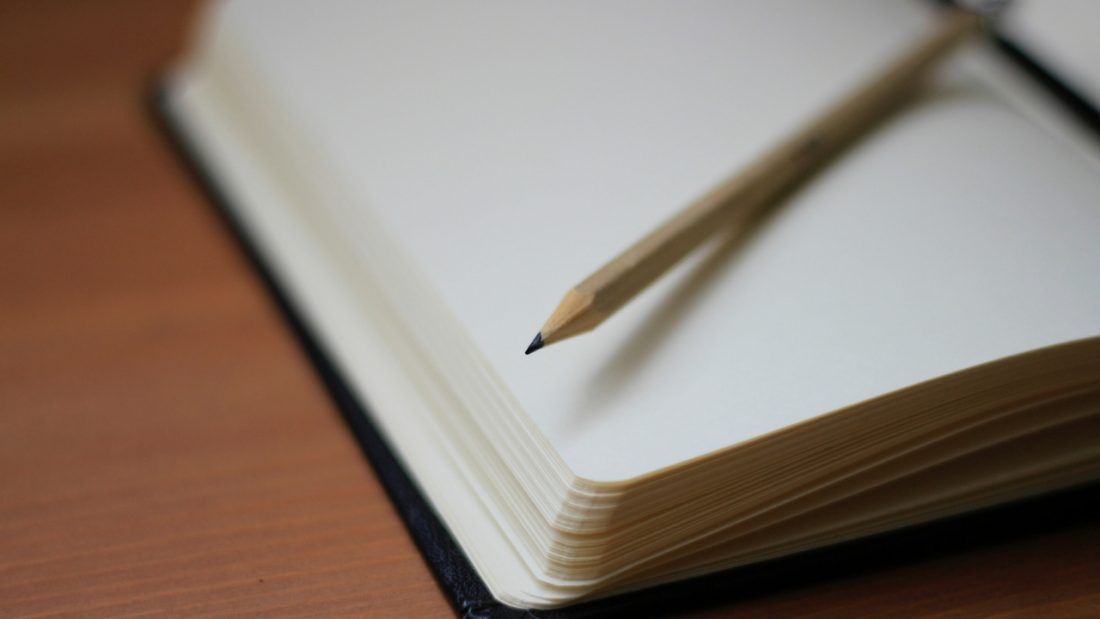Keeping a food diary for a week takes effort, especially if you are busy, have erratic meal times and eat out frequently. But even for those who eat mostly home prepared meals, recording what, when and how much you eat takes dedication. So if you didn’t complete this challenge you wont be alone. I encourage at least three days of recording, as the activity is so enlightening. So what can a food diary tell us?
What you eat
Now this is an obvious answer, but I cannot recall the number of times I have heard from my clients, “I had no idea what I was eating, this exercise has been so revealing.” The secrets from your food diary can either be overwhelming or empowering. To be empowered you have to accept where you are today, list the changes you are committed to making and take small steps to gradually change how you eat. But what you eat is only part of your picture, the WHY is more important.
Why you eat
Your food diary will highlight the times of day when you eat due to physiological hunger, tiredness, boredom or some sort of upset (an emotional trigger). This week I will discuss hunger and tiredness, and next week I will cover boredom and emotional triggers for eating.
Hunger
As mentioned last week, tuning into your true hunger is about being mindful. Check in on the scale of 0 to 10, whether you are being driven to eat due to hunger or something else. It is not uncommon for people to be hungry at the end of the day. You too might find that you snack after your evening meal due to hunger. This is a sign that you are not eating enough for breakfast and lunch. Always eat breakfast and have a lunch that includes vegetables and a protein source. Perhaps you could keep a portion of your evening meal to have for lunch the next day, or if you prefer a sandwich ensure that it has lots of salad and a good serve of protein (egg, lean meat, lentil burger).
Tiredness
Tiredness or lethargy often occurs during the afternoon. This is when you might be tempted to have another coffee, a chocolate bar or a sweet caffeinated drink. Tips for overcoming the afternoon slump include:
- Have a substantial lunch, as recommended above
- Check that you are well hydrated. Manual work, hot dry temperatures and air-conditioned buildings increase your need for fluid. Keep a water bottle with you to remind yourself to drink. The best way to check your hydration level is to by the colour of your urine. You are aiming for pale yellow. If you take nutritional supplements these may darken the colour of your urine, so take this into account.
- Re-energise yourself with a stretch or a short walk outdoors. Even a 5 minute walk outdoors can lift your energy levels.
- Take 10 deep slow breaths. Concentrate on your in breath and outbreath. This is particularly useful for people who spend a lot of time sitting. A slumped posture restricts your breathing pattern, so make sure you are sitting with a straight back.
- Are you getting enough sleep? It is recommended adults have 7 to 9 hours of sleep per night.
Take time to understand your eating habits. The food diary is a very useful tool for understanding what and why you eat. Next week we will explore emotional triggers for eating. In a future post I will cover the importance of sleep in assisting healthy eating habits.
If you would like a personalised plan to transform your eating habits, then consider a private consult. Contact Sallyanne.
